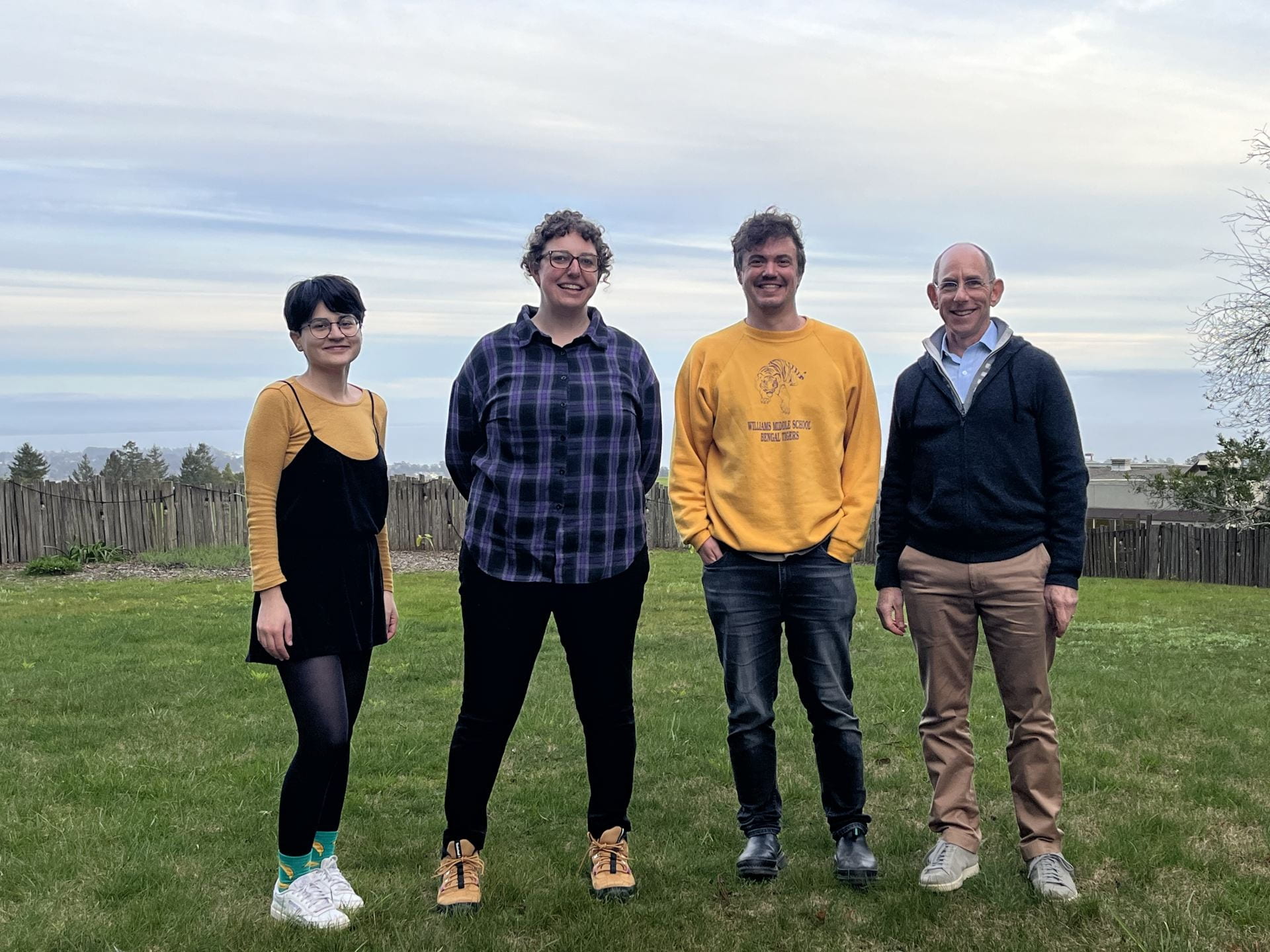linguistics undergrad research featured on university news
In a recent post on the University News, two linguistics projects led by faculty members Jaye Padgett (Production of English /r/ by prosodic position, with undergrad RAs: Claire Wellwood, Max Xie, and Tony Butorovich), and Rachel Walker (Syllable Structure in Dialects of English) were featured as part of the bigger showcase of Humanities-funded undergraduate projects.
You can read the news post here.








